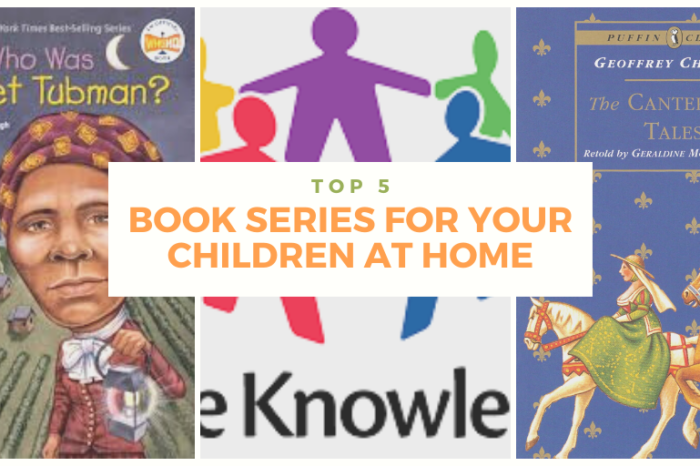5 Book Series Parents Can Explore During COVID-19 School Closings
/0 Comments/in Academic Standards, Blog, Blog: Education, COVID Education, COVID education resources, Featured, Jamie Gass, News, rCOVID /by Jamie GassLooking for quality literature and books to share with your children while we’re all at home for the foreseeable future due to COVID-19? Here are some excellent options that will nurture a love for great classic literature and enduring historical figures:
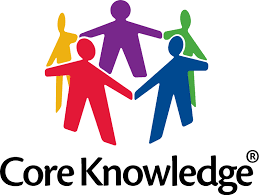 The Core Knowledge Curriculum Series™ provides comprehensive, content-rich learning materials based on the Core Knowledge Sequence. Student readers, teacher guides, activity books, and other materials are available for Language Arts and History and Geography. Many of the Core Knowledge curriculum materials are free, because Core Knowledge is committed to the principle that every child in a democracy should have access to shared, enabling knowledge.
The Core Knowledge Curriculum Series™ provides comprehensive, content-rich learning materials based on the Core Knowledge Sequence. Student readers, teacher guides, activity books, and other materials are available for Language Arts and History and Geography. Many of the Core Knowledge curriculum materials are free, because Core Knowledge is committed to the principle that every child in a democracy should have access to shared, enabling knowledge.
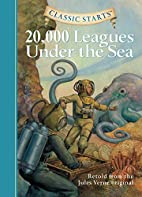 The Classic Starts book series by multiple authors includes such timeless treasures as The Swiss Family Robinson, Treasure Island, Around the World in 80 Days, and so many more.
The Classic Starts book series by multiple authors includes such timeless treasures as The Swiss Family Robinson, Treasure Island, Around the World in 80 Days, and so many more.
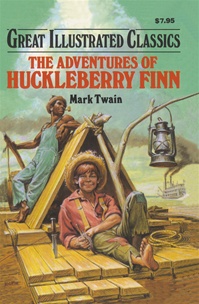 The stories in the Great Illustrated Classics have illustrations on every other page. They’re used by teachers, school librarians, and parents to encourage skill development at various reading levels. They are popular among the homeschooling community, who find them easy to integrate with tutorials and reading exercises.
The stories in the Great Illustrated Classics have illustrations on every other page. They’re used by teachers, school librarians, and parents to encourage skill development at various reading levels. They are popular among the homeschooling community, who find them easy to integrate with tutorials and reading exercises.
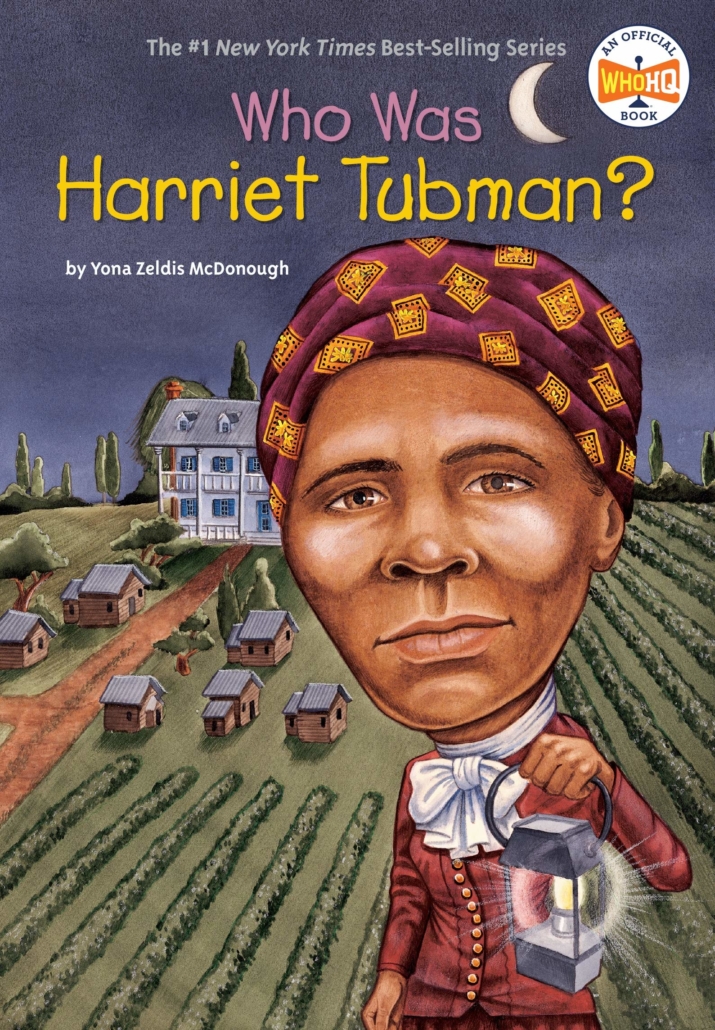 With over 150 titles, Penguin’s Who Was? series tells the incredible stories of trailblazers, legends, innovators, and creators.
With over 150 titles, Penguin’s Who Was? series tells the incredible stories of trailblazers, legends, innovators, and creators.
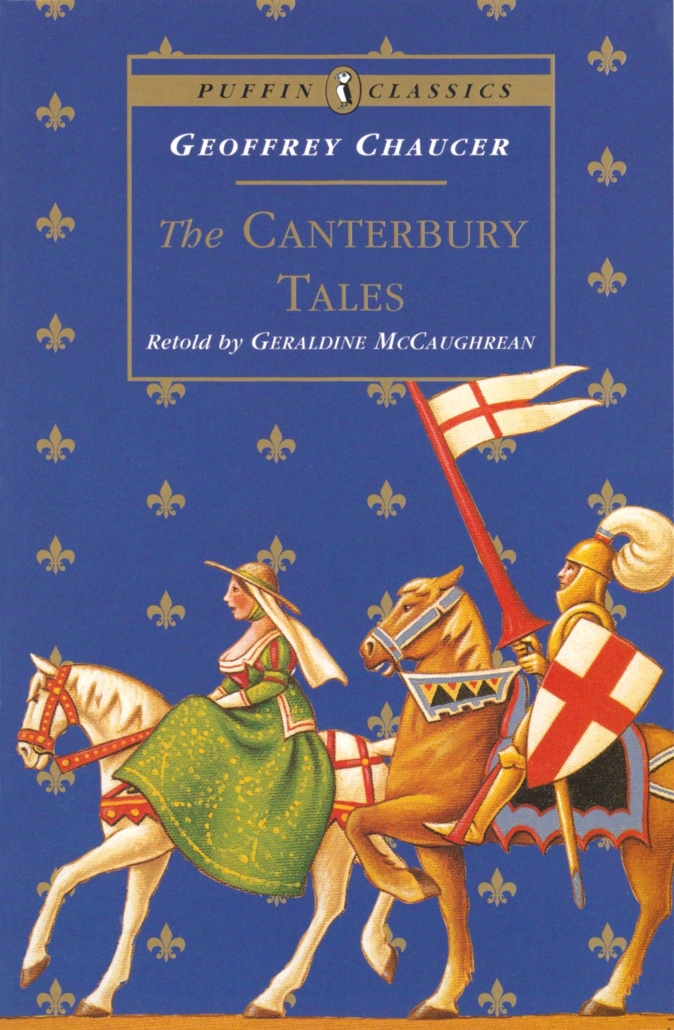 Award-winning children’s author Geraldine McCaughrean (pronounced Muh-cork-run). She has written more than 170 books, including The Canterbury Tales and Gilgamesh the Hero, published in 61 countries and her work has been translated into over 45 languages.
Award-winning children’s author Geraldine McCaughrean (pronounced Muh-cork-run). She has written more than 170 books, including The Canterbury Tales and Gilgamesh the Hero, published in 61 countries and her work has been translated into over 45 languages.
Do you have a favorite series or book recommendation? Share it in the comments below, or via email at pioneer [at] pioneerinstitute.org.
Explore more of Pioneer’s work to promote high-quality liberal arts content for K-12 students.
Get Updates on Our Education Research
Browse episodes of our K-12 education podcast, “The Learning Curve”:

UK’s Dr. Paula Byrne on Jane Austen’s 250th Anniversary

EdChoice’s Robert Enlow on School Choice

Frontier Institute’s Trish Schreiber on School Choice & Charter Schools in Montana

UK Oxford’s Robin Lane Fox on Homer & The Iliad

Director/Actor Samuel Lee Fudge on Marcus Garvey & Pan-Africanism

Cornell’s Margaret Washington on Sojourner Truth, Abolitionism, & Women’s Rights

UK Oxford & ASU’s Sir Jonathan Bate on Shakespeare’s Romeo and Juliet & Love

Steven Wilson on The Lost Decade: Returning to the Fight for Better Schools in America

U-Pitt.’s Marcus Rediker on Amistad Slave Rebellion & Black History Month

Notre Dame Law Assoc. Dean Nicole Stelle Garnett on Catholic Schools & School Choice

Alexandra Popoff on Vasily Grossman & Holocaust Remembrance

Stanford’s Lerone Martin on the Rev. Dr. Martin Luther King, Jr. & the Civil Rights Movement

ExcelinEd’s Dr. Kymyona Burk on Mississippi, Early Literacy, & Reading Science

Harvard’s Leo Damrosch on Alexis de Tocqueville & Democracy in America

UK’s John Suchet, OBE, on Tchaikovsky, The Nutcracker, & Ballets

U-OK’s Dan Hamlin on Emerging School Models & Learning Loss

NYT #1 Bestseller Dava Sobel on Marie Curie & Women in Science


